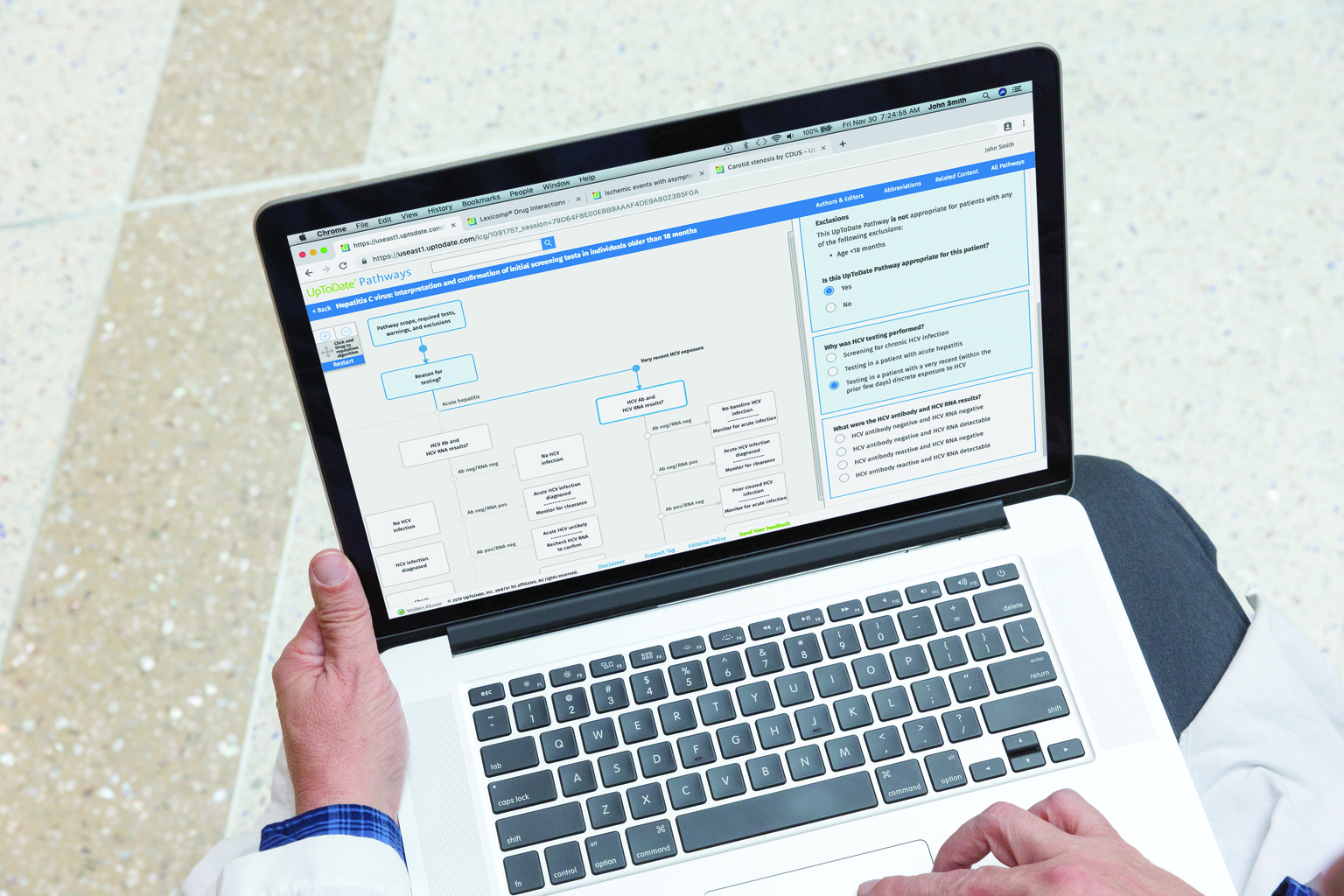
From a CMIO: Three things to look for when choosing clinical decision support

Dr. Vore, chief medical information officer of Southern New Hampshire Health in Nashua, NH, discussed CDS systems in an article for HealthLeaders. He said the three most important attributes he looks for in a healthcare IT evaluation process are:
- A clinical decision support tool that’s available “at a clinician’s fingertips”
- With information as current as possible
- And content that’s evidence-based and clinically reliable
Easy access at point of care
"You want clinical decision support at the point of care when you are taking care of a patient,” Dr. Vore explained to HealthLeaders. “If you have to go into a completely separate system or leave the room, it detracts from being able to use a tool.”
That includes having the solution integrated within the health system’s electronic medical record (EMR). Having CDS as a seamless part of the clinician’s EMR workflow is healthcare best practice, Dr. Vore said.
Current, regular medical updates
Frequently updated, peer-reviewed information is a must, he added. “If you are sharing information with a patient, you want to make sure that you have the most up-to-date recommendations in regard to whatever you are talking about.”
Trustworthy clinical content
“Trustworthy” was the word Dr. Vore used to describe his ideal clinical decision support tool. “You need to be able to trust the information that the tool is providing.” This is not only important for clinicians, who want to feel confident that the information they are consulting is relevant and actionable, but also for patients, many of whom are overwhelmed by misinformation they are hearing on social media and the Internet.
“If you know you have a trustworthy source of information that has the most up-to-date recommendations and the most up-to-date information from studies, that arms clinicians to have sometimes difficult conversations with patients,” Dr. Vore explained. “These days, patients will go to the Internet, go to blog sites, and go to social media such as Facebook. They often do not go to the most evidence-based resources to look for information.”
With a high-quality CDS tool, he said, clinicians are better able to face many of these challenges.
Read the full article from Dr. Vore on HealthLeaders.
